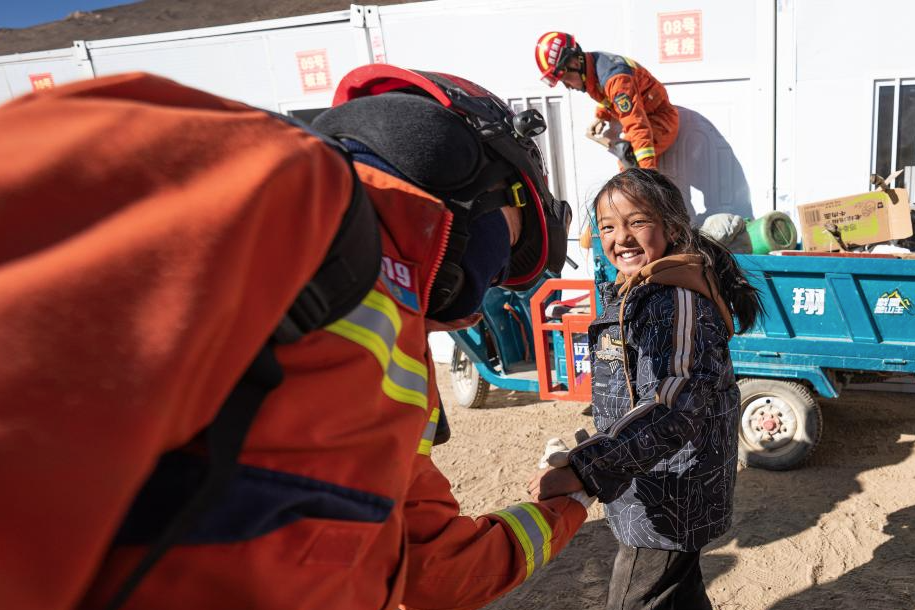3,000-yr-old tombs unearthed in Tibet

LHASA - Archaeologists announced Monday that they have excavated tombs dating back some 3,000 years in Southwest China's Tibet autonomous region.
A total of nine tombs were found at ruins 10 km from the county seat of Zanda in Ali prefecture, said Shaka Wangdui, an archaeologist with the regional institute of cultural heritage protection.
The institution, in cooperation with the Shanxi provincial institute of archaeology, excavated the ruins in the Sangda valley along the Langchen Zangbo River from July to August 2017.
Carbon dating has determined that the tombs were in two groups, with the first group of around 3,000 to 3,500 years old, and the second group around 2,100 to 2,300 years old.
The first group of tombs were formed by stones placed one by one in a circle, while the second group were pits, Shaka Wangdui said.
Stoneware, earthenware and bones and bells were found in the tombs.
The tombs are also the oldest with bronze articles, including rings and bells, in Tibet.
- Sam Hou-fai calls on media to showcase Macao SAR's practice of 'one country, two systems'
- Documentary offers window into rural China
- China enhances IPR protection for Asian Winter Games
- 410-million-year-old plant fossil sheds light on Earth's ecological shift
- Robot dog runs 100-meter dash in under 10 seconds
- C919 jets deployed as China's Spring Festival travel rush starts




































